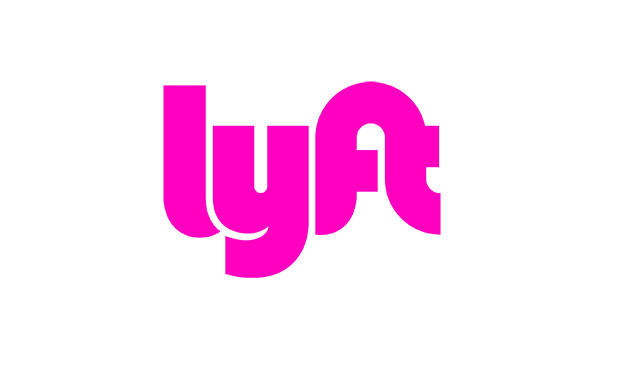When looked at through the right pair of rosy shades, ridesharing can appear a rather utopian pursuit.
People are inherently mobile beings, and ride-hailing apps simply create a portal through which we can rely on one another for our transit needs.
But like most social structures, once money enters the equation, so do the complications. And when it comes to the money being made from sharing rides, the powers that be aren’t exactly interested in sharing profits.
At least, that’s what New York State Assembly Member Robert Rodriguez is accusing Lyft of in the Empire State.
Seeing Double
The state assemblyman recently called for an investigation into the ride-hail giant for a number of its pricing practices, stating specifically that it committed wage theft on trips leading drivers across New York state borders.
The accusations were originally raised by members of the Independent Drivers Guild (IDG), a labor organization representing New York rideshare drivers, who noticed a peculiar thing about their receipts from out-of-state trips: They included state tax anyway.
Or, at least, something that resembled that cost.
An 8.875% charge, along with a 2.5% fee, were deducted directly from drivers’ wages by Lyft, no matter where their trips began or terminated, the Guild said.
Those happen to be the exact amounts New York charges for sales tax and a so-called Black Car Fee, which is applied to all rideshare trips in the state to help pay for certain workers’ benefits. And according to New York tax law, they’re only supposed to be imposed on rides starting and stopping within state borders.
But according to Lyft, any resemblance to those charges on their out-of-state receipts are purely coincidental.
When pressed on the issue, the company said the charges were merely “administrative fees,” insisting they were part of the driver agreement the corporation has used with its New York employees since 2014.
For their part, Rodriguez and the IDG have used a different term to describe the figures: Tax scam.
And it’s just one of the widespread rideshare practices in the state Rodriguez’s inquiry has called into question. (To say nothing of the recent admission by Uber that it systematically underpaid its drivers.)
Not So Up-Front
New York is a place known for its frankness. Those hailing from the area typically have no problem saying exactly what’s on their mind.
In many ways, the city’s famous yellow cabs are no different: The price on the meter when your destination arrives is how much you owe.
But when it comes to rideshare trips, those calculations aren’t so forthright—even when it says so in the name.
The so-called “upfront pricing” method employed by Lyft, Uber and other ride-hail apps in the state is another policy Rodriguez asked to be investigated further.
The practice utilizes multiple calculations to determine what a customer should pay for a trip, including time, distance, traffic, and demand, among other factors. The final sum is the price users agree to when ordering their ride.
But while predictive algorithms determine the cost for a customer, a separate model dictates how much a driver takes home from each ride, tying their take-home pay directly to minutes and miles traveled.
Any discrepancy in the prices is absorbed by the app company—for better or worse. But a number of reports, as well as information released as part of a California lawsuit against Uber, have shown that more often than not, the company comes out on top.
That’s in part because the difference is taken on top of the commission fee companies already deduct from each fare.
And it’s not just the drivers who lose out from the practice. An independent investigation conducted by blogger and rideshare driver Harry Campbell found that in most cases, riders bore the brunt of the cost, overpaying by $85.54 on a total of 165 rides conducted by one driver over the course of a few weeks.
What Next?
For now, the investigation is merely a request. It remains to be seen whether the New York Attorney General’s office will take up the claim.
But that isn’t stopping the Independent Driver’s Guild from pushing the issue. On top of tapping Rodriguez for help, the group has been circulating a petition calling for a halt to such practices in the state.
And with New York State recently embracing the use of rideshare apps, the group will likely only have more drivers to speak for in the future—that is, until they’re all replaced by robo-cars.
